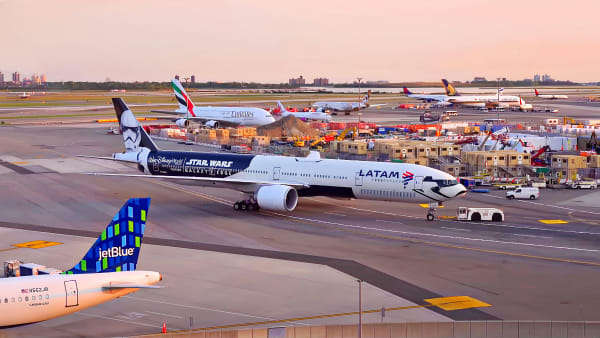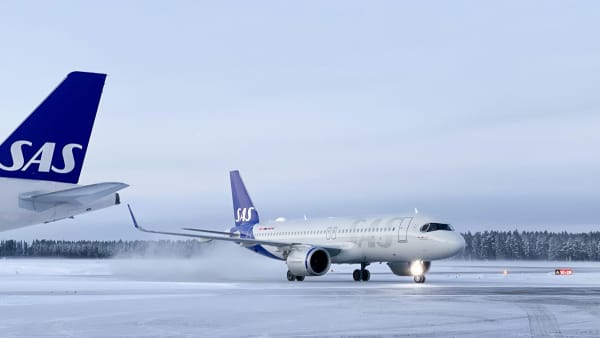The Role of Human Factors in Aviation Safety
Have you ever wondered what really makes the difference between a safe and smooth flight and one that's fraught with issues? While technology and equipment quality are crucial, there is another variable that often plays a role: human factors in aviation. Let's delve deep into this topic to truly understand its importance in aviation safety.
Human Factors - Unveiling the Concept
Before we get into specifics, let's articulate what constitutes human factors in aviation. Essentially, it encapsulates all aspects of human interaction and influence within an aviation setting - this could include physical, cognitive and emotional abilities, decision-making capacities, crew resource management skills, and even factors like fatigue and stress management.
Understanding the Gravity of Human Factors in Aviation
Now, you might ask: why is understanding human factors so significant to aviation safety?
A report from Boeing established that 80% of aviation accidents are primarily due to human errors and failures. The Federal Aviation Administration (FAA) concurs, citing human factors as a major cause for most aviation incidents.
These pivotal findings elucidate the following:
- The human element is central to maintaining safety in aviation.
- Understanding the diverse influences of human factors can empower aviation professionals to dissuade or prevent potential errors or mishaps.
An In-depth Insight into Specific Human Factors
Let's explore specific human factors that are crucial to aviation.
1. Situational Awareness
Situational awareness refers to an individual's understanding of their surroundings and the potential future scenarios that might unfold. This is pivotal in aviation because pilots must quickly interpret and react to rapidly changing flight conditions.
2. Crew Resource Management
Crew Resource Management (CRM) is a communication, leadership, and decision-making training designed for on-board personnel. It aims to promote safety by optimizing the individual and collective abilities to make informed decisions.
3. Physical Readiness
This encompass physical health, stamina, and even the effects of medications or recreational substances. Pilots need to be in peak physical condition as any health issue can directly impact flight safety.
4. Emotional Stability and Mental Health
A pilot's emotional state and mental well-being can also affect aviation safety. From monitoring stress levels to managing depression or anxiety, it's essential to maintain mental health.
5. Fatigue Management
The FAA stated that fatigue was a contributing factor in 20% of 46 major accidents between 1984 and 1998. Pilot or crew fatigue can lead to impaired judgment, slower reaction times, and even total physiological shutdown (AKA falling asleep at the controls).
Navigating Human Factors – The Road Ahead
By understanding and acknowledging the play of human factors in aviation, we can develop and hone better solutions. Check-in programs that emphasize physical wellness, mental health resources, adequate rest between shifts, and comprehensive training can all contribute positively to augment aviation safety.
In addition, innovations like automation and Artificial Intelligence (AI) can help minimize human error. Nonetheless, machines can't completely replace human judgment and problem-solving capabilities just yet, so a balance between technology and human expertise will continue to be pivotal.
Lastly, cultivating an environment that encourages transparency and reporting without fear of retribution is another key factor. When flight crew members can report human errors without fearing punitive consequences, these issues can be addressed, preventing future occurrences.
Wrapping Up
The role of human factors in aviation safety is crucial and undeniable. By understanding the breadth and depth of it, the aviation industry can develop systems and protocols to mitigate risks and make air travel safer for everyone. The journey towards this end is ongoing and requires the concerted efforts of everyone involved, from regulators to industry practitioners, and even passengers.
To echo the sentiment of the FAA, "Human Factors is about people; people who live and operate with systems in a world made safer where human performance can be maximized." Here's to a safer future in aviation, facilitated by an enlightened understanding of human factors!
Please Note: Ensure to follow any provided guidelines and instructions by airline/airport authorities and regulators to ensure a safe flight experience.
An interesting fact, in Numbers: According to the International Air Transport Association (IATA), the total number of plane crashes declined by 50% in the decade from 2008 to 2017, which is testament to sustained efforts towards improving aviation safety.




